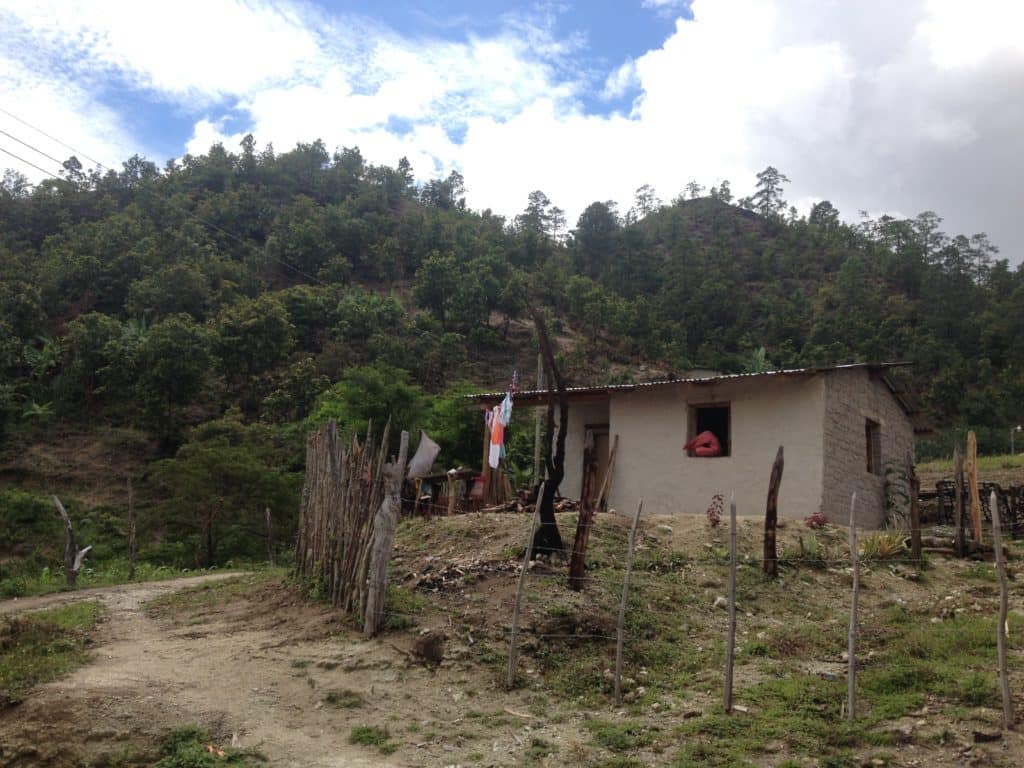HEALTH CARE ACCESS
The Honduran government provides two different types of health centers throughout rural Honduras: Centros de Salud Médico Odontológico (CESAMOs) and Centros de Salud Rural (CESARs). CESAMOs are the larger of the two, often found in municipalities, and typically have at least one physician on staff at all times with nurses and potentially a dentist. CESARs are found sporadically in rural communities and generally have a single nurse available. Even with this coverage, it is important to note that medications, supplies, and materials are often not available in these health centers and the physician density in Honduras remains around 1,220 people for every one doctor. According to the World Health Organization, there should be a maximum of 435 people per physician to qualify a country as having adequate access to medical attention.
Pajarillos does not have a health center in the community. The nearest health center is a CESAMO in Cantarranas, about two hours away on foot. Dental care is not available in the community, though it is available at the health center in Cantarranas. The most common illnesses seen by community members are respiratory infections, Chagas, and the flu.


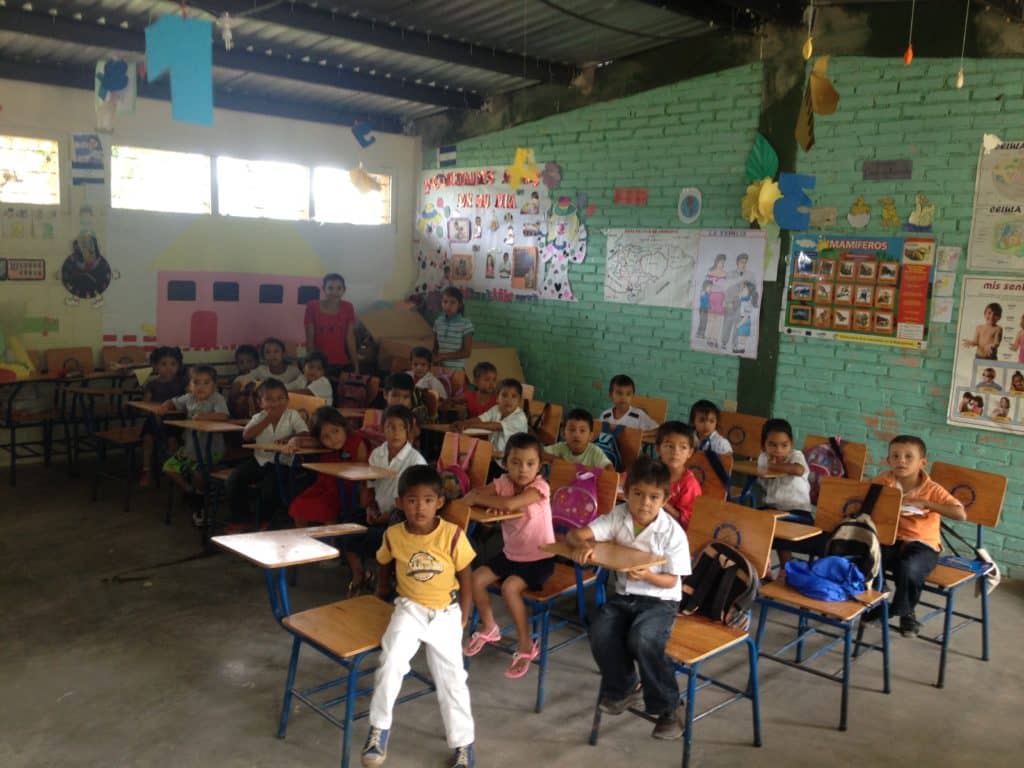 Pajarillos started working with Global Brigades in medical, water, public health, and microfinance projects and brigades since 2008. The average family income is estimated to be 2,000 Lempiras per month, which is approximately L400 (US $17) per person. The majority of homes are made of adobe. The main form of employment is agriculture on owned land, and the main products that are cultivated in the community are corn and beans. Pajarillos’ educational system includes kindergarten and primary school (until sixth grade), but all classes are offered in the same building.
Pajarillos started working with Global Brigades in medical, water, public health, and microfinance projects and brigades since 2008. The average family income is estimated to be 2,000 Lempiras per month, which is approximately L400 (US $17) per person. The majority of homes are made of adobe. The main form of employment is agriculture on owned land, and the main products that are cultivated in the community are corn and beans. Pajarillos’ educational system includes kindergarten and primary school (until sixth grade), but all classes are offered in the same building.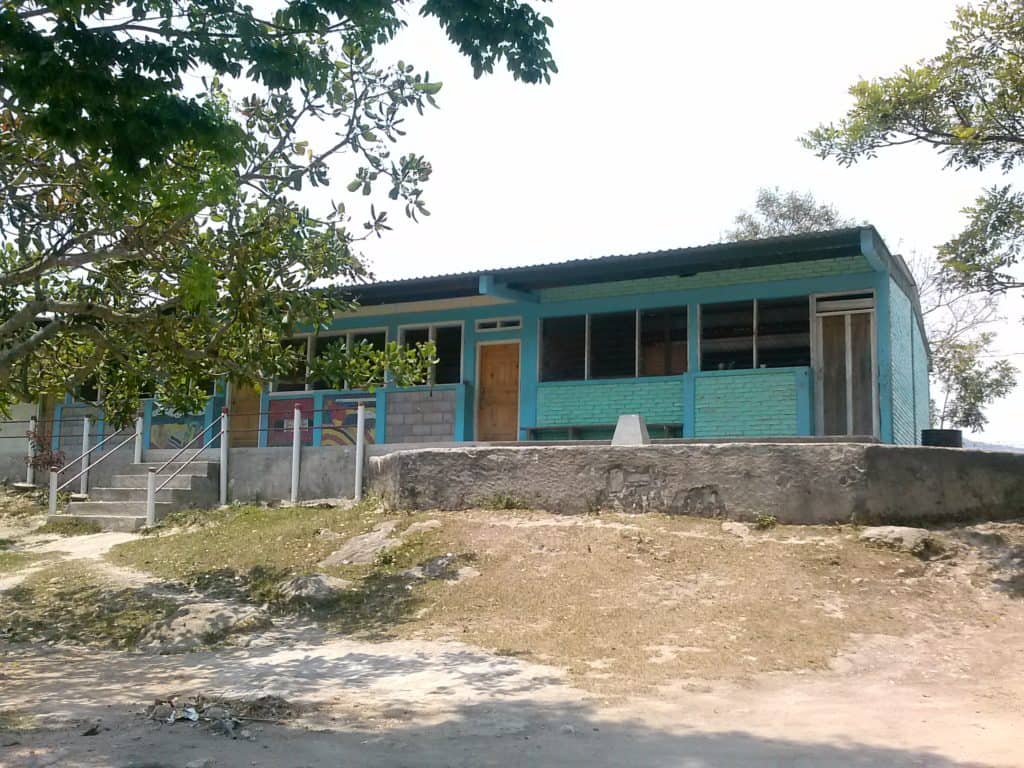
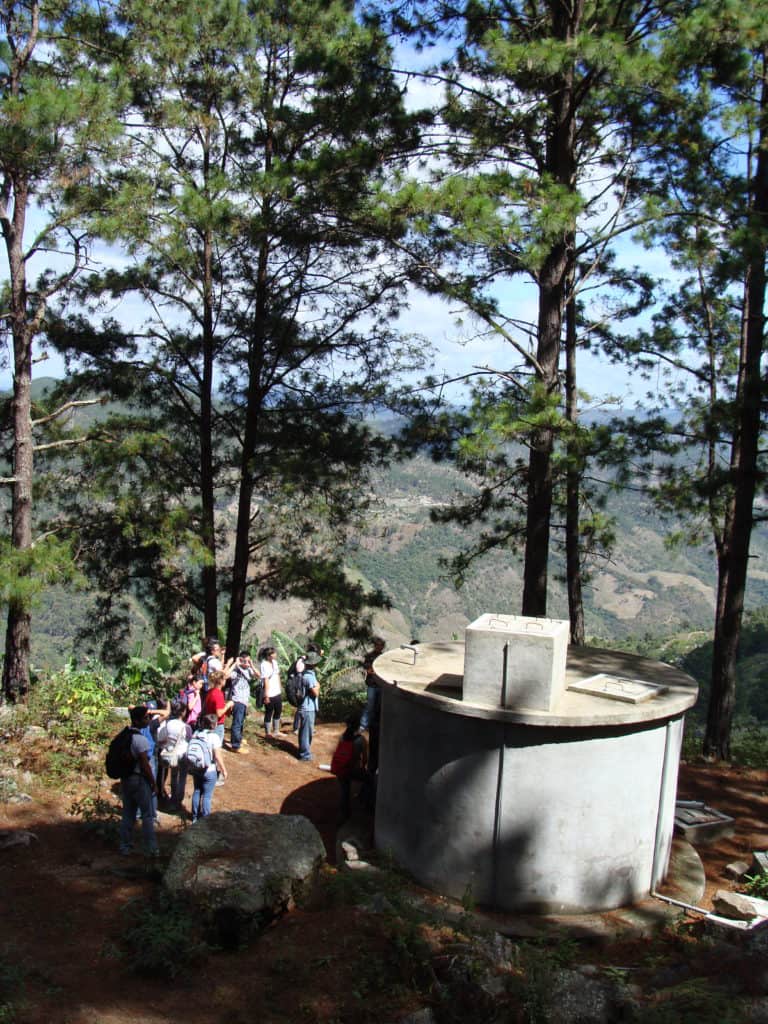
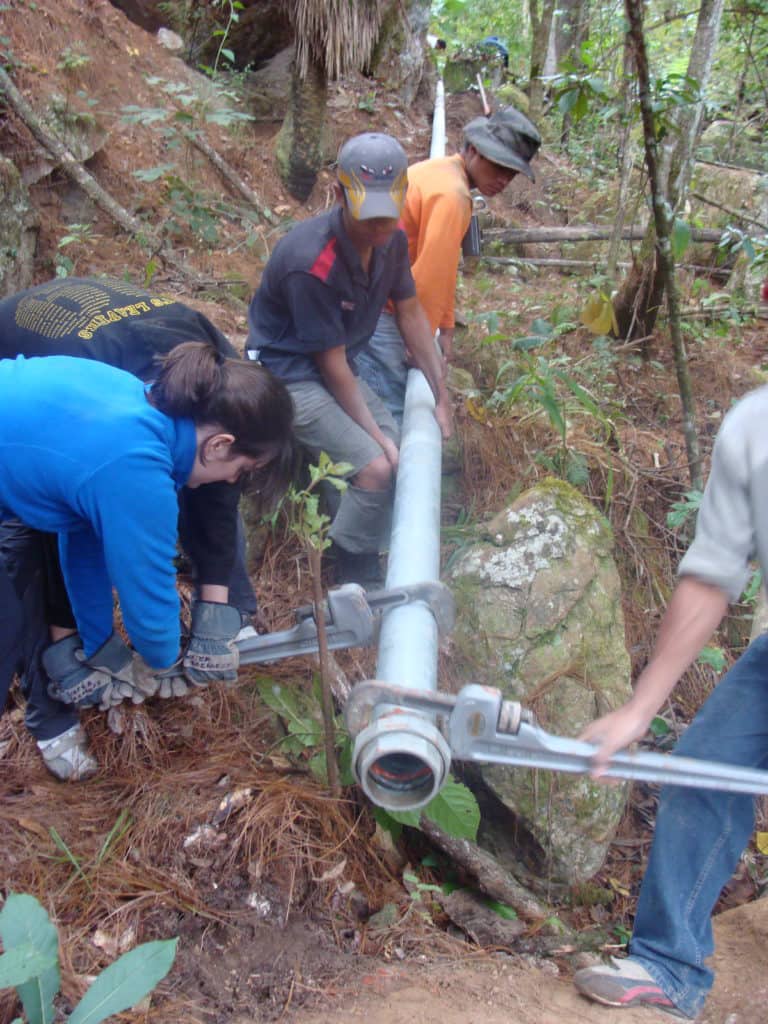
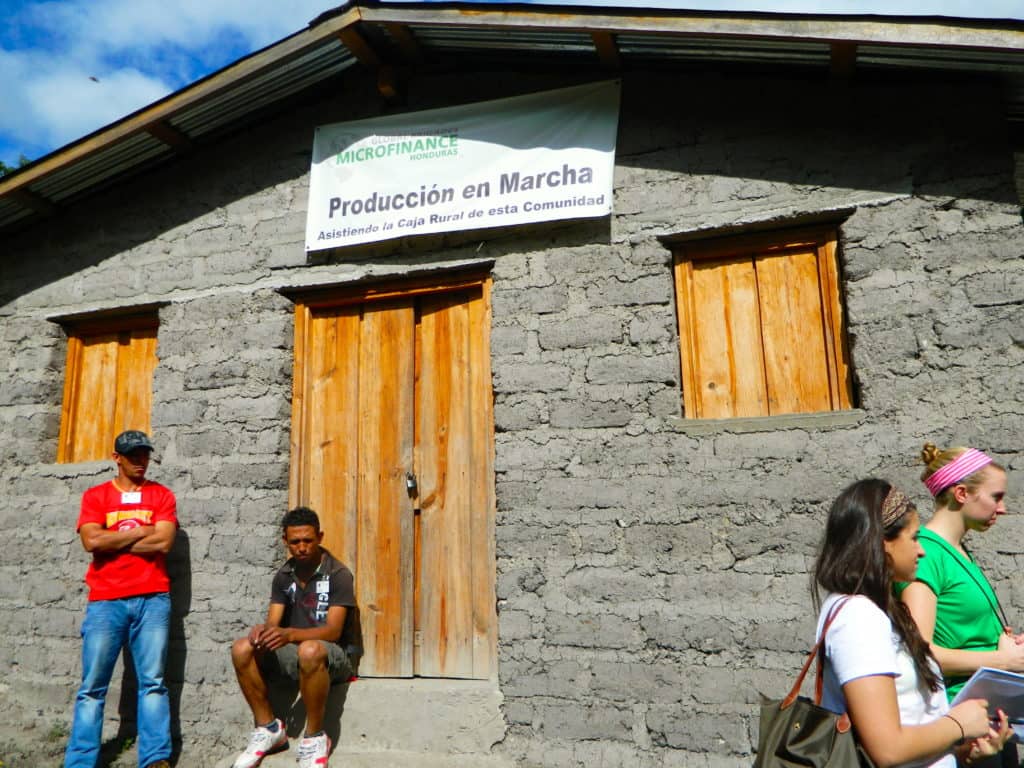 PAJARILLOS’ MICROFINANCE SOLUTION
PAJARILLOS’ MICROFINANCE SOLUTION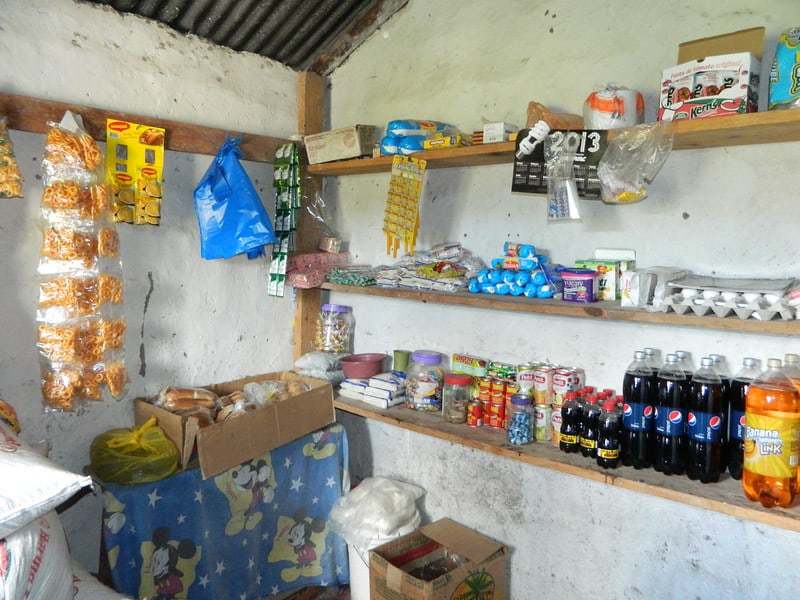 PAJARILLOS’ BUSINESS SOLUTION
PAJARILLOS’ BUSINESS SOLUTION